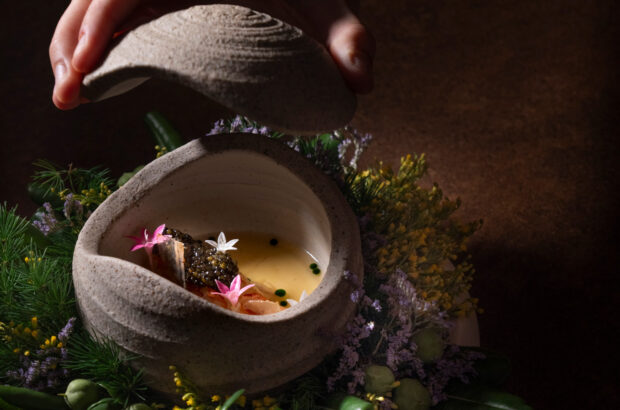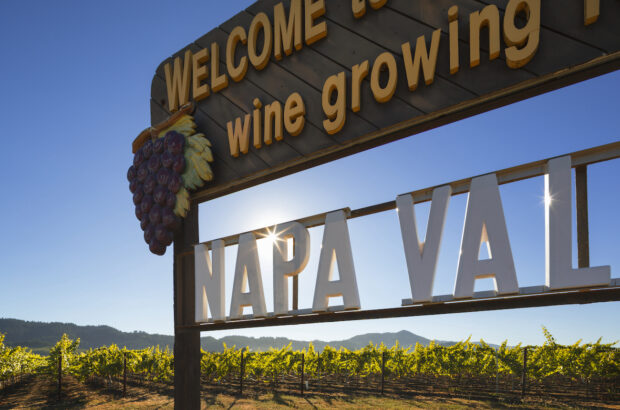Decanter World Wine Awards (DWWA) 2024 results will be released on Wednesday 19 June, following a rigorous judging process that has seen more than 18,000 entries from 57 countries tasted.
Be among the first to see this year’s medal winners by signing up the DWWA newsletter.
While DWWA is the world’s largest wine competition, the high standard of judging for every entry means that consumers can buy medal-winning, premium wines of all styles with confidence.
Nearly 250 world-leading experts from 33 countries have taken part in judging at DWWA 2024, including 61 Masters of Wine and 20 Master Sommeliers.
Leading this year’s results announcement will be the coveted 50 Best in Show medals, representing just 0.28% of the total wines tasted. There are also 117 Platinum medals at DWWA 2024, accounting for 0.64% of all wines tasted.

One of four rooms of expert, region-specific panels during the DWWA 2024 judging process. Photo credit: Ellen Richardson.
Since its launch in 2004, DWWA has highlighted superb producers from across the globe, from red, white, rosé and orange to sparkling, fortified and sweet wines.
The competition simultaneously rewards great iterations of classic styles and shines a light on exciting, under-the-radar wines that deserve more attention on the world stage.
Gold medal wines from the first stage of judging are put forward for the Platinum and Best in Show judging stages, where they are retasted and discussed by DWWA Co-Chairs and Regional Chairs.
Gold, Silver and Bronze medals, meanwhile, constitute a rich treasure trove for consumers keen to expand their palates and find new favourites for the dinner table or cellar.
There are five price brands for wines at DWWA 2024 to help demonstrate best-in-class wines at all budgets. Band A covers wines ‘up to £14.99’, while Band E is for wines price at £100-a-bottle and above, for instance.
This year’s DWWA Co-Chairs are: Sarah Jane Evans MW, Michael Hill Smith AM MW, Andrew Jefford, Ronan Sayburn MS, and Beth Willard – who joined the Co-Chair panel for the 2024 edition.
Sustainability is a key focus for the DWWA team. All plastic and cardboard are collected and recycled, and every bottle is crushed and remelted, ready to be remade into usable glass within 30 days. Additionally, all leftover wine is collected, recycled and converted into gas, which is then fed back into the national grid.
Look out for a sneak preview on Decanter.com ahead of the results announcement, featuring judges’ impressions of this year’s entries and a few styles to look out for among the medal winners.







